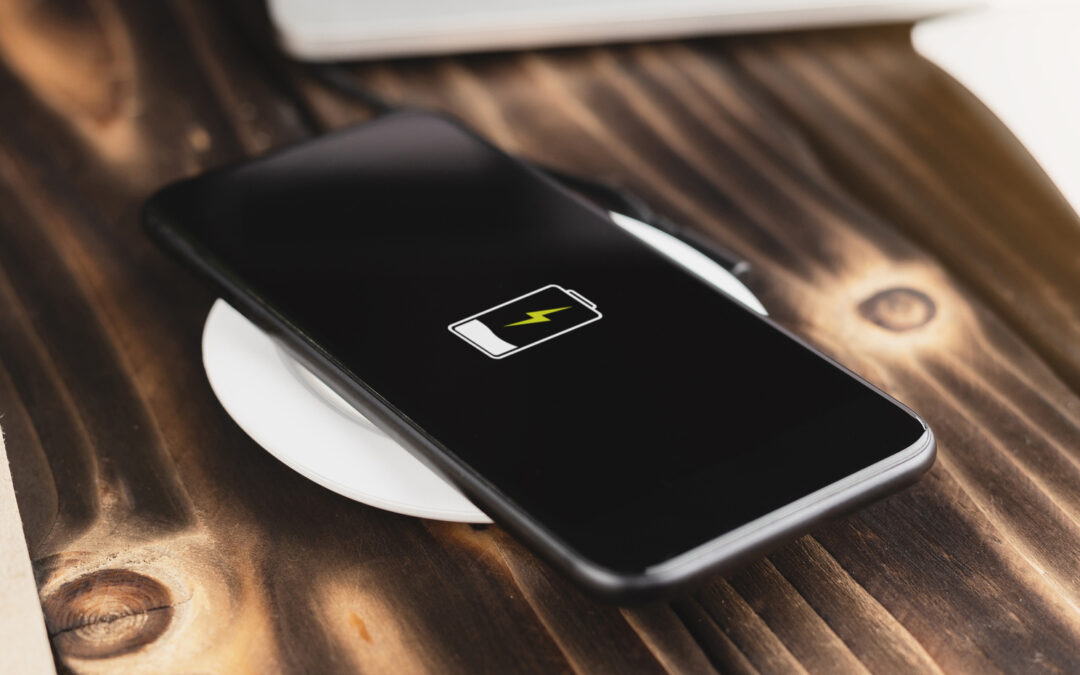By Alex Li and Matt Johnson
On July 2, 2019, Judge Cote of the Southern District of New York issued an opinion that denied a motion for a preliminary injunction ordering the defendant to withdraw its petitions for inter parties review (“IPR”) at the Patent Trial and Appeal Board (“PTAB”). See NuCurrent Inc. v. Samsung Electronics Co., Ltd., No. 1:19-cv-00789-DLC, 2019 WL 2776950, (S.D.N.Y. July 2, 2019). Judge Cote ruled that an expired non-disclosure agreement (“NDA”) did not bar the defendants Samsung Electronics, Co., Ltd. (“Samsung”) from seeking inter parties review of patents held by the plaintiff NuCurrent Inc. (“NuCurrent”).
The plaintiff NuCurrent specializes in wireless charging solutions. In early 2015, NuCurrent and Samsung entered into an NDA that allowed Samsung to evaluate NuCurrent’s technology to determine if it merited a license. The parties did not enter into a licensing agreement in the end. In early 2018, NuCurrent filed a lawsuit against Samsung for misappropriation of trade secrets and patent infringement. Samsung, in turn, filed seven IPR petitions in 2019 challenging the validity of NuCurrent’s patents. NuCurrent motioned the court to enforce a forum selection clause in their NDA that provided “[a]ny legal action, suit or proceeding arising out of or relating to this Agreement or the transactions contemplated hereby must be instituted exclusively in a curt of competent jurisdiction, federal or state, located within the Borough of Manhattan, City of New York and in no other jurisdiction.” NuCurrent asked the court to issue a preliminary injunction ordering Samsung to withdraw its IPR petitions.
Judge Cote denied NuCurrent’s motion. She explained that, first, NuCurrent did not demonstrate its likelihood of success on the merits. The 2015 NDA was only effective for a term of two years, so it had already expired in 2019 by the time Samsung filed the IPR petitions.
Second, NuCurrent did not show irreparable injury. Because “the PTAB is authorized by law to review and invalidate those patents that should not have issued in the first place,” Judge Cote wrote, “the cancellation of an improvidently issued patent is not the sort of injury that weights in favor of this injunction request.”
Third, Judge Cote reasoned that the balance of hardships did not tilt in NuCurrent’s favor. While litigating patent validity in two forums would be burdensome to NuCurrent, the preliminary injunction would likely permanent eliminate Samsung’s ability to seek relief before the PTAB, since there is a statutory one-year window for filing an IPR.
Fourth, public interest did not favor the issuance of an anti-IPR injunction. In considering the public interest factor, Judge Cote noted the public interest in an “efficient system for challenging patents that should not have issued,” and the case law that “court should weight the federal policy embodied in the law of intellectual property against even explicit contractual provisions and render unenforceable those provisions that would undermine the public interest,” Idaho Potato Comm’n v. M&M Produce Farms & Sales, 335 F.3d 130, 137.
Takeaway
Note that he Federal Circuit reached a different result in Dodocase VR, Inc. v. MerchSource, LLC, 767 F. App’x 930 (Fed. Cir. 2019), where the court applied a forum selection clause to PTAB proceedings. Nevertheless, these two cases agree at least in their takeaway message that contract-drafting attorneys must carefully contemplate PTAB proceedings that may arise from technology transactions that involve patents.
Matthew Johnson
Latest posts by Matthew Johnson (see all)
- New Declarations with a Sur-reply Require Extraordinary Circumstances - December 23, 2024
- PTAB Reiterates Strict Evidentiary Standard for Printed Publications - December 19, 2024
- PREVAIL Act Passes Committee - December 18, 2024

